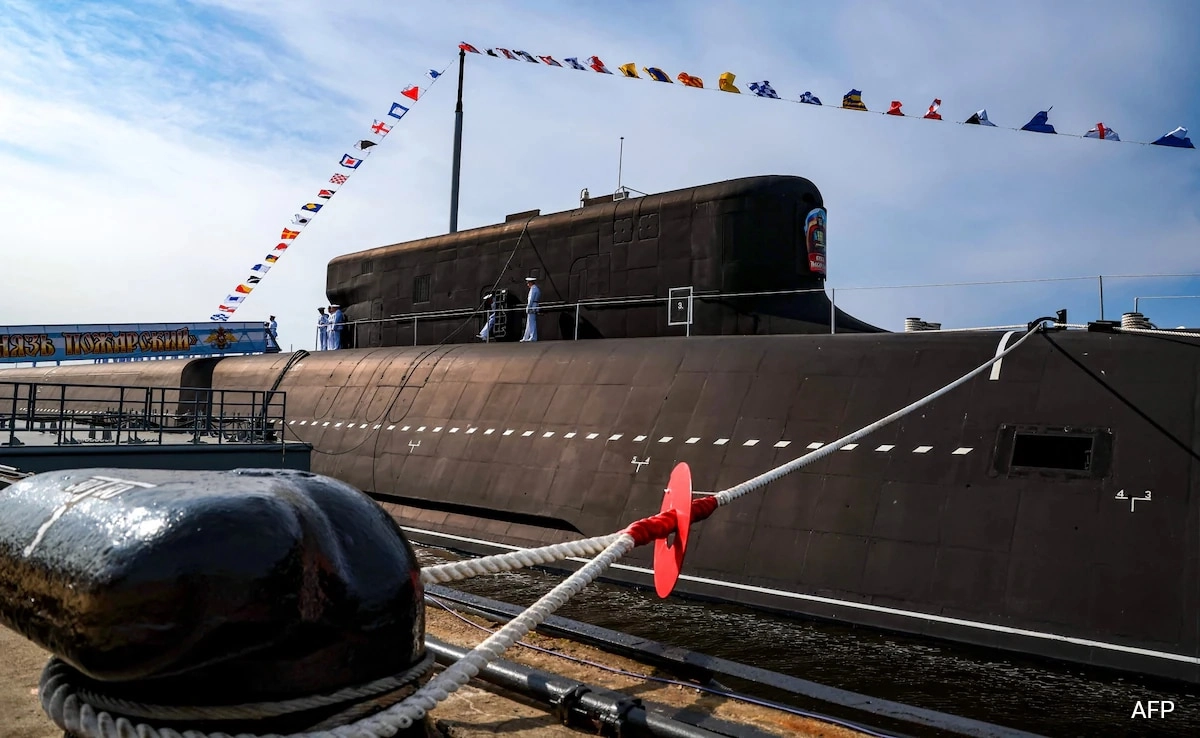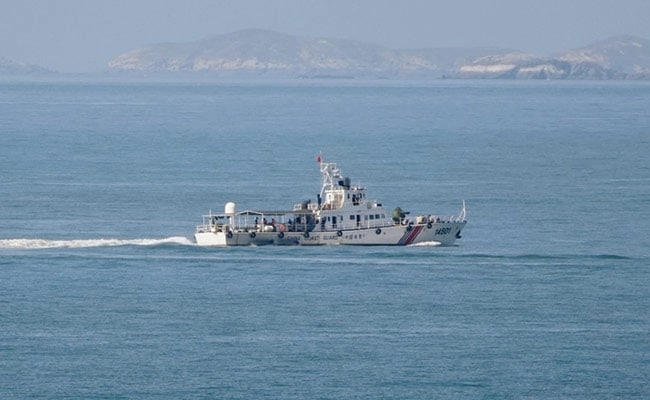In response to the recent deployment of U.S. military assets in strategic locations around the globe, a prominent Russian lawmaker has made headlines with a stark warning regarding the potential rise of tensions between the two nations. The lawmaker, known for his strong stance on defense matters, emphasized that Russia’s nuclear submarines are positioned in various oceans, strategically ready to respond to any perceived threats. His comments highlight the escalating geopolitical climate and the ongoing arms race that has characterized U.S.-Russia relations for decades. The deployment of U.S. forces has ignited concerns within Russia about national security and the adequacy of its own military capabilities.
The lawmaker’s statements underscore a broader narrative of military readiness and deterrence that has become increasingly prevalent in international relations. By mentioning the presence of nuclear submarines, he is signaling to both domestic and international audiences that Russia is committed to maintaining a formidable defense posture. This rhetoric not only serves to bolster national pride but also aims to assure the Russian populace that their government is taking the necessary steps to safeguard the country’s interests against foreign aggression. The implications of such statements are significant, as they may contribute to a cycle of military posturing that heightens tensions rather than fostering diplomatic dialogue.
Furthermore, the mention of nuclear submarines serves as a reminder of the destructive potential that exists beneath the surface of global politics. The presence of these submarines in various oceans indicates a readiness to engage in conflict if deemed necessary, adding an element of unpredictability to U.S.-Russia interactions. As both nations continue to modernize their arsenals and expand their military capabilities, the risk of miscalculation or misunderstanding grows. The international community watches closely, aware that any escalation could have dire consequences not just for the U.S. and Russia, but for global stability as a whole.
In light of these developments, it is crucial for policymakers and leaders on both sides to engage in constructive dialogue aimed at de-escalation. The rhetoric of military readiness, while important for national security, should not overshadow the potential for cooperation in addressing shared challenges. Issues such as arms control, cybersecurity, and climate change require collaboration rather than confrontation. As the world grapples with complex threats, finding common ground will be essential in preventing a return to the kind of Cold War-era tensions that both nations have sought to move beyond. Ultimately, the focus should be on diplomacy and mutual understanding, rather than an arms race that could lead to catastrophic outcomes.




